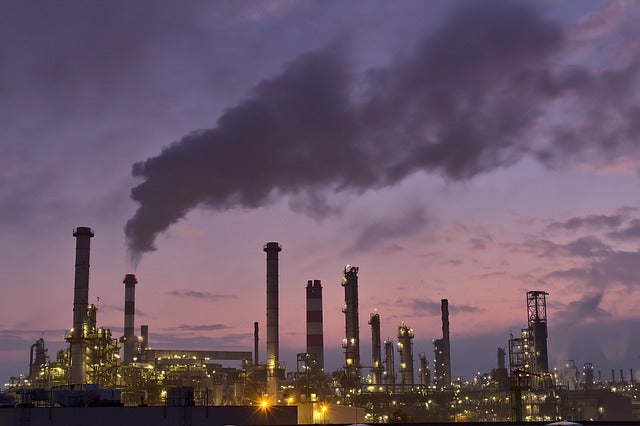
China Petroleum and Chemical (Sinopec) has started operations at phase 1 of the Gulei refining complex, which has been developed with an investment of CNY27.8bn ($4.28bn) in the Fujian province in China.
Located in Zhangzhou city, the refining and chemical integration project is a 50:50 joint venture between the company’s subsidiary Fujian Refining & Chemical and Taiwan-based Xuteng Investment.
Phase 1 of the project involves an ethylene plant with a capacity of 800,000 tonnes per annum, a styrene unit with a capacity of 600,000 tonnes per annum, and seven other downstream petrochemical plants, Reuters reported.
The Gulei refining complex aims to produce 18 chemical products. These include polypropylene, styrene, ethylene glycol, vinyl acetate resin, and thermoplastic elastomers among others.
The total output of the Chinese refining complex is expected to reach three million tonnes per annum.
Sinopec stated: “The launch of the project will provide high-quality raw materials for industries such as plastics, rubber, textiles, clothing, electronics and instrument manufacturing in Zhangzhou and the surrounding areas.”
The company said that the project will bolster the supply chain with high-end material products, providing a more than CNY100bn ($15.4bn) boost to the local downstream sector.
The Chinese oil and gas enterprise also revealed that it is expediting the development of phase 2 of the refining project, which will increase its annual ethylene capacity to 1.4 million tonnes.
The total chemical output of the Gulei refining complex will go to 4.2 million tonnes after the completion of the second phase.
In May last year, Sinopec started operations at the Zhongke Refinery Port by docking and unloading the New Renown, Crude Oil Tanker (VLCC) from the Middle East.






